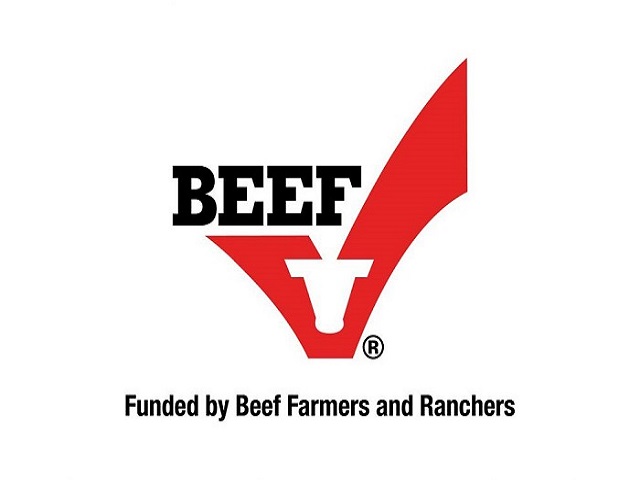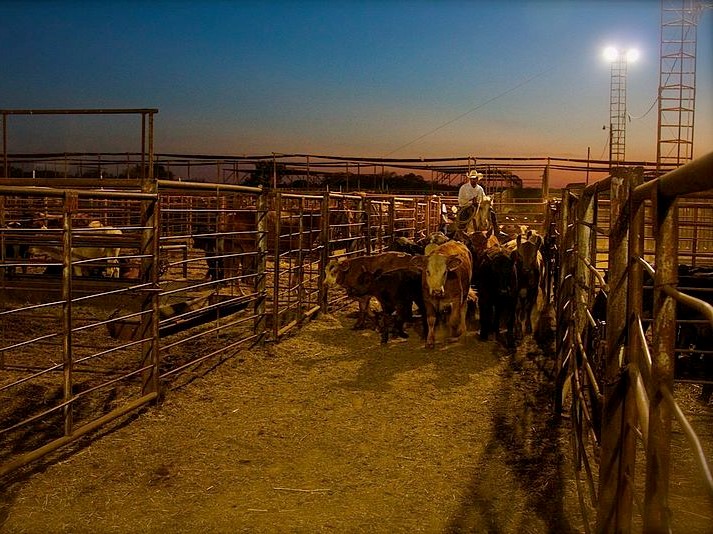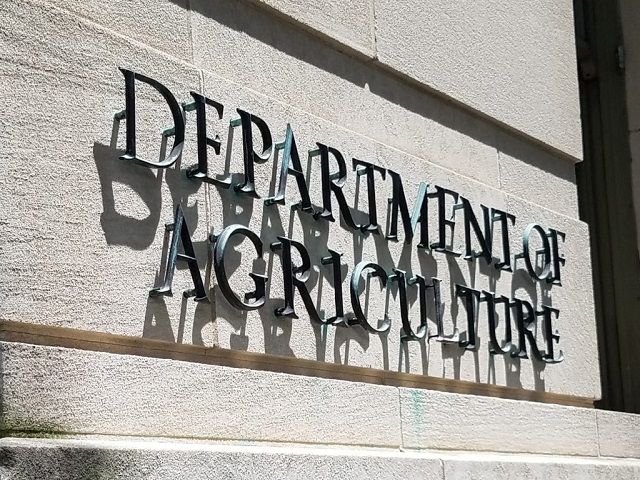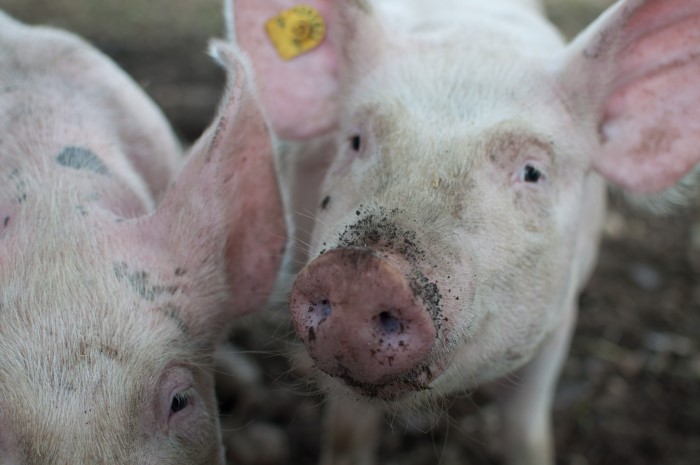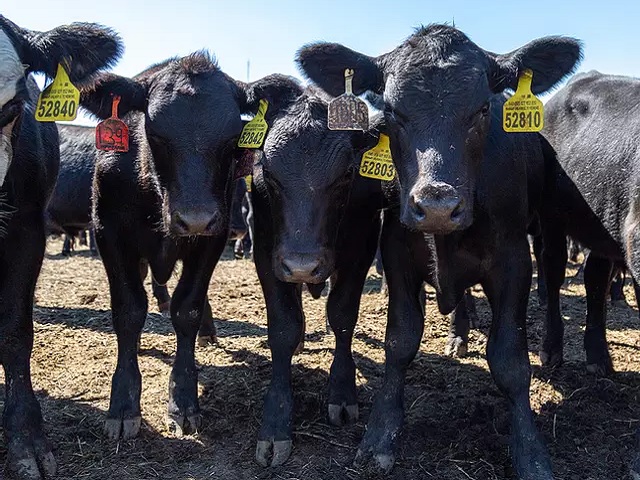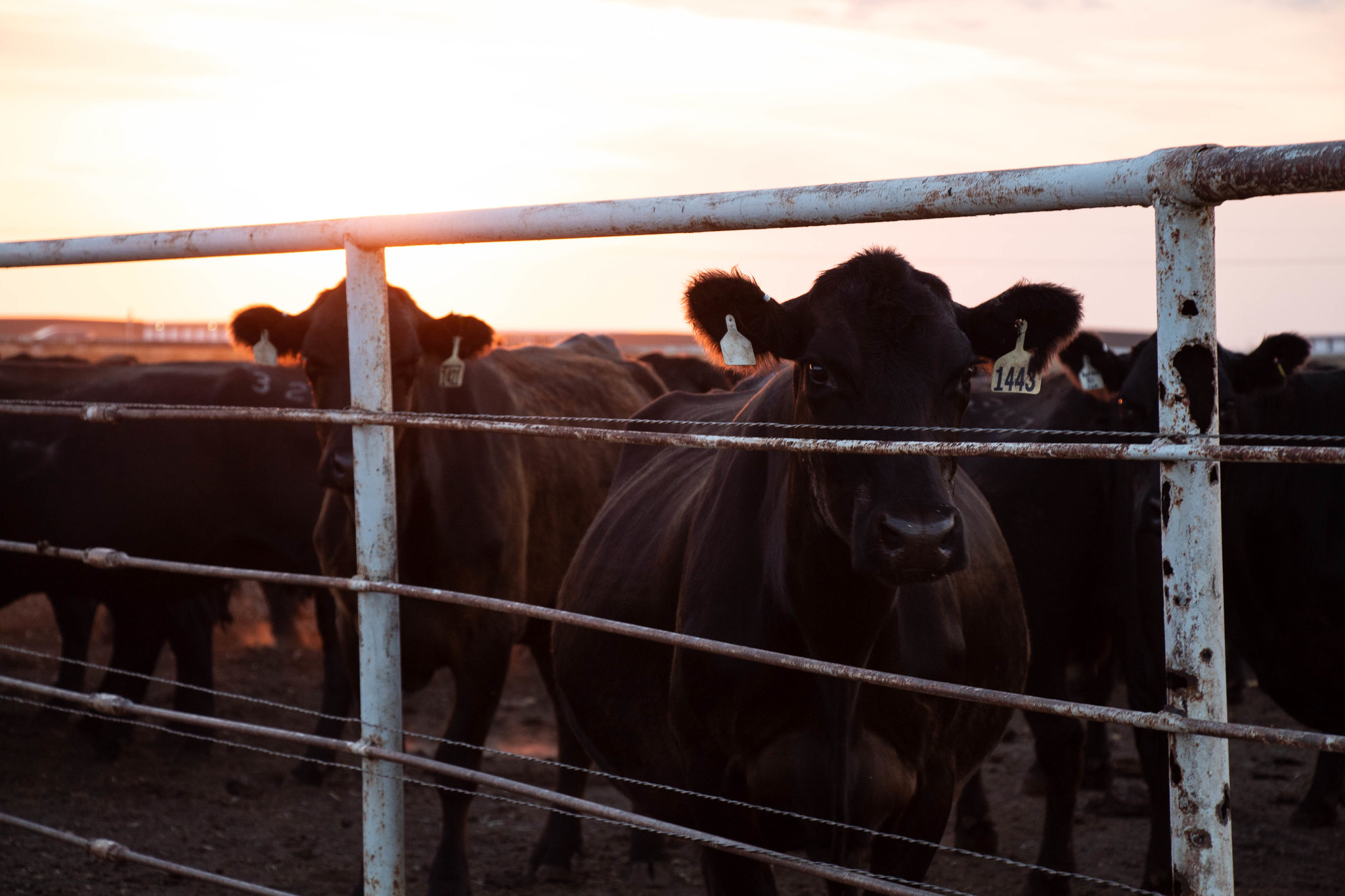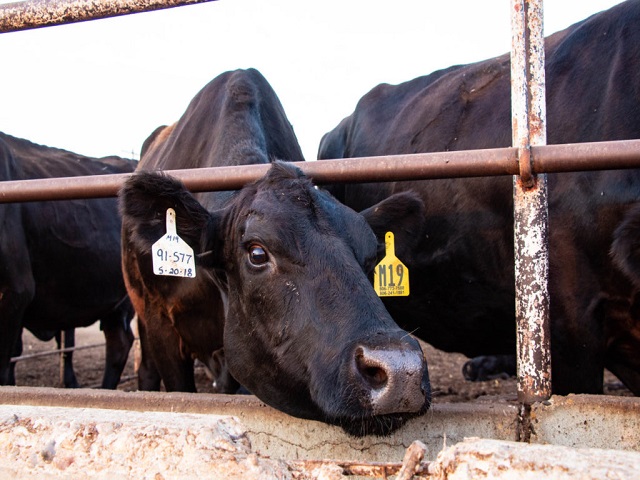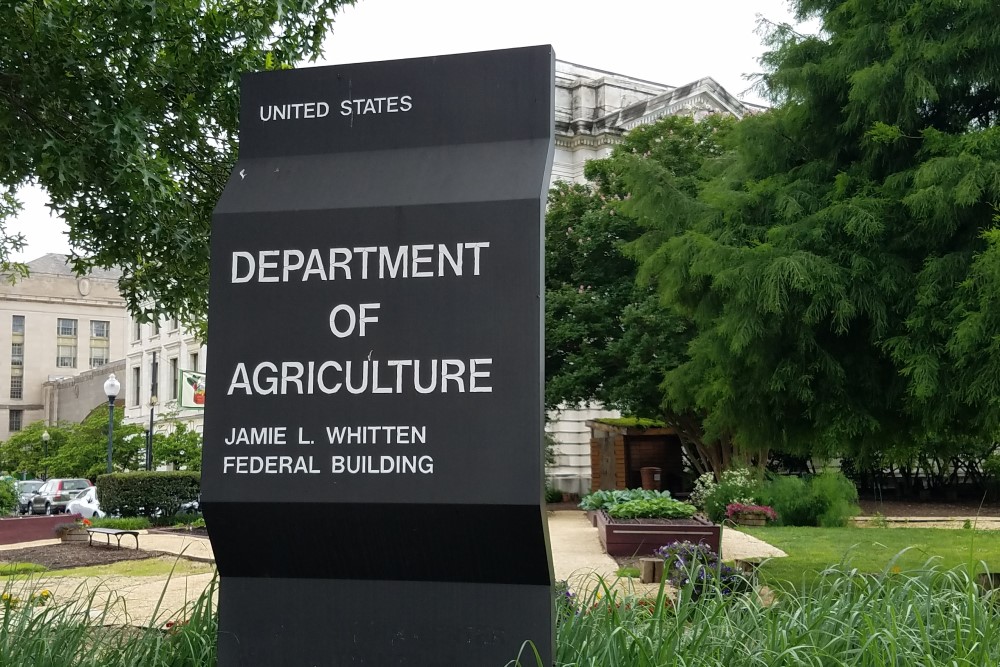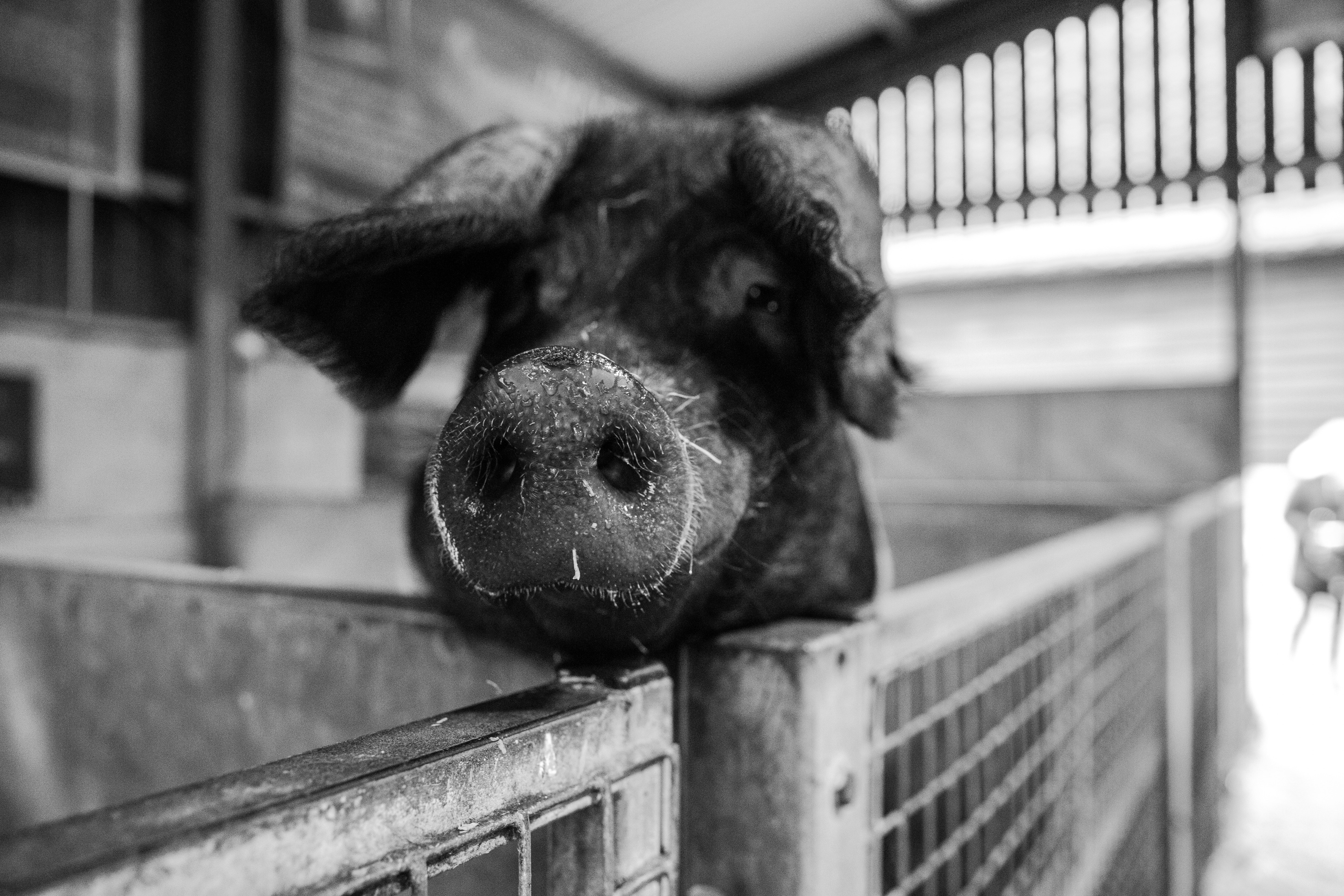USDA Developing Pro-Active Approach to African Swine Fever
(WASHINGTON, DC) USDA has announced additional steps to keep African swine fever (ASF) from entering the United States, even as the disease spreads internationally. ASF does not affect people, nor is it a food safety issue but it is a highly contagious and deadly viral disease affecting both domestic and feral (wild) pigs in all age groups. It is spread by contact with the body fluids of infected animals and by ticks that feed on infected animals. USDA’s Undersecretary for Marketing and Regulatory Programs, Greg Ibach, says the Customs and Border Patrol (CBP) will train and add 60 additional beagle teams for a total of 179 teams working at key U.S. commercial, sea, and airports; will expand screenings at key U.S. commercial sea and airports – including checking cargo for illegal pork/pork products and ensuring travelers who pose an ASF risk receive secondary agricultural inspection; will work to develop accurate and reliable testing procedures to screen for the virus in grains, feeds and additives and swine oral fluid samples; and will continue high-level coordination with the U.S. pork industry leadership to assure unified efforts to combat ASF introduction. The Chinese pork industry has been decimated by the disease.















